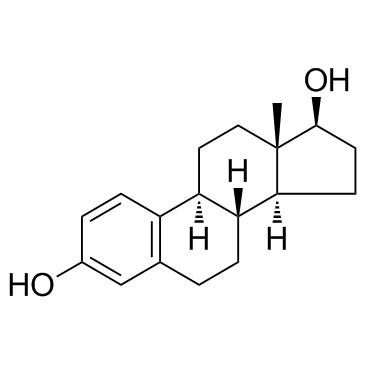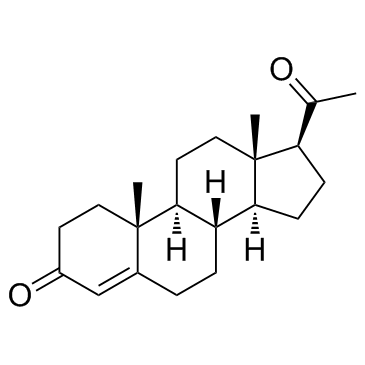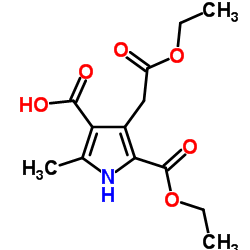| Structure | Name/CAS No. | Articles |
|---|---|---|
 |
beta-Estradiol
CAS:50-28-2 |
|
 |
Progesterone
CAS:57-83-0 |
|
 |
Kallikrein
CAS:9001-01-8 |